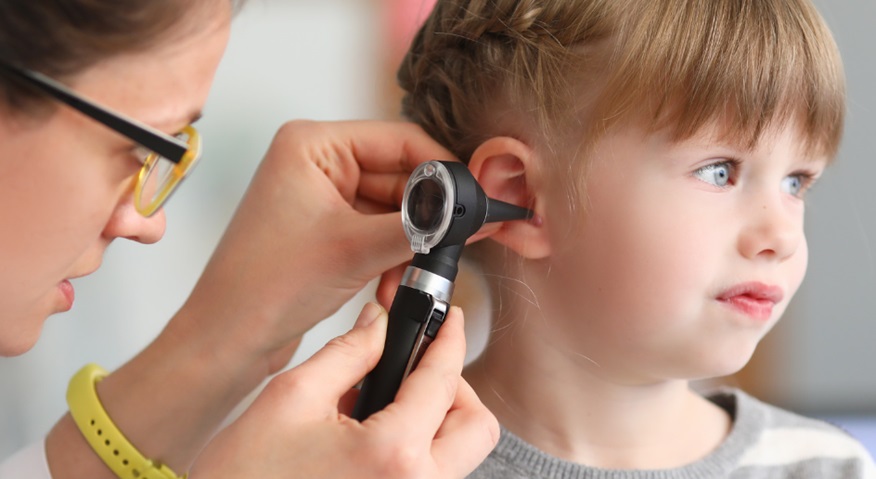Children frequently encounter ear, nose, and throat (ENT) conditions that can significantly impact their health and quality of life. For parents in the Atlanta metro area, knowing when to consult a pediatric ENT in Alpharetta is crucial for ensuring timely and appropriate care for their children. This article explores common ENT conditions in children and provides guidance on when specialized attention becomes necessary.
Understanding Pediatric ENT Conditions
Ear Infections
Ear infections rank among the most common reasons for pediatric doctor visits. These infections often cause severe pain, fever, and temporary hearing loss. While many ear infections resolve independently, recurrent or severe cases may require the expertise of a specialized ENT doctor.
Tonsillitis and Adenoiditis
Inflammation of the tonsils and adenoids frequently affects children. Symptoms typically include sore throat, difficulty swallowing, and swollen lymph nodes. Chronic cases can lead to sleep apnea or recurrent infections, necessitating a specialist’s evaluation.
Sinusitis
Pediatric sinusitis can result in nasal congestion, facial pain, and headaches. Acute sinusitis often resolves with conservative treatment, but chronic cases may require further investigation by an ENT specialist to rule out underlying issues.
When to Consult a Pediatric ENT
Persistent Symptoms
If a child experiences prolonged ENT symptoms that don’t improve with standard treatments, it’s time to consider a pediatric ENT consultation. Persistent issues could indicate underlying conditions that require specialized care and targeted interventions.
Hearing or Speech Concerns
Any signs of hearing loss or speech delays should prompt an evaluation by a pediatric ENT. Early intervention is crucial for optimal developmental outcomes, as untreated hearing issues can significantly impact a child’s language development and academic performance.
Breathing Difficulties
Sleep-disordered breathing, including snoring and sleep apnea, can significantly impact a child’s health and development. A pediatric ENT can assess and address these issues effectively, potentially improving the child’s sleep quality and overall health.
Benefits of Specialized Care
Pediatric ENTs possess extensive training in treating children’s unique ENT needs. They utilize child-friendly diagnostic tools and treatment approaches, ensuring a more comfortable experience for young patients. This specialized care can lead to more accurate diagnoses and more effective treatment plans tailored to each child’s specific needs.
Innovations in Pediatric ENT Care
Recent advancements in pediatric ENT care have led to less invasive treatment options and improved outcomes. Minimally invasive surgeries and advanced imaging techniques have revolutionized the field, offering more precise diagnoses and targeted treatments. These innovations often result in shorter recovery times and reduced discomfort for young patients.
Conclusion
Understanding common ENT conditions in children and recognizing when to seek specialized care is essential for parents. By being vigilant and proactive, parents can ensure their children receive the best possible care for their ear, nose, and throat health. If concerns arise about a child’s ENT health, consulting with a pediatric ENT specialist can provide expert guidance and tailored treatment options, potentially improving the child’s quality of life and long-term health outcomes.




